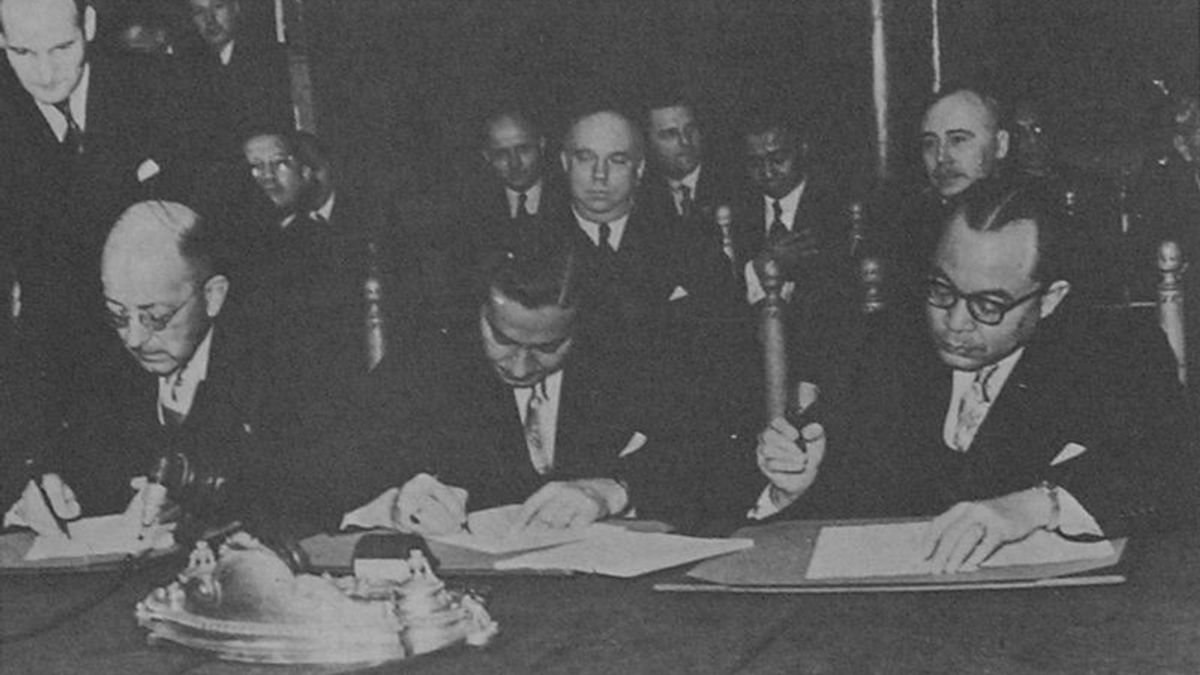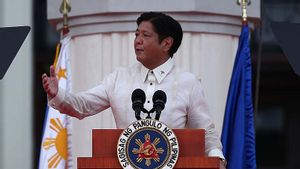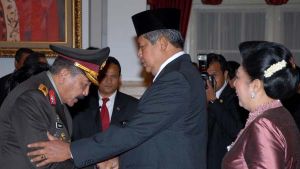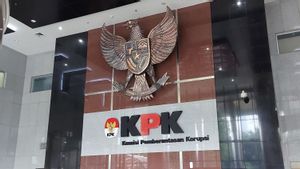JAKARTA History today, 74 years ago, October 24, 1949, the Indonesian government was forced to agree to pay the debts of the Dutch colonialists, including the capital of Military Aggression I and II. The decision was taken at the Round Table Conference (KMB).
Previously, Indonesia preferred to perpetuate diplomatic efforts, rather than withdraw arms. Indonesia's war fleet, which has not yet been maximized, is the estuary. This condition makes Indonesia not demean a strategy to take up arms.
The courage of the nation's leaders to perpetuate the Proclamation of Indonesian Independence did not make the Dutch colonialists afraid. Their desire to control Indonesia is again wide open. All of this is because the Dutch consider the new country to be independent of its strength to be insignificant.
Instead of building a war fleet, building a government alone is difficult. The Dutch began to perpetuate their tactics. The Dutch deliberately took the British allies to bring most of their troops into Indonesia.
The Netherlands, under the banner of the civilian government of the Dutch East Indies (NICA), began to perpetuate terror. Whoever crosses NICA, surely his life will be lost. The natives are like the Samsak NICA. Then the explosion of resistance occurred in various regions in Indonesia.
The government was initially set on fire to perpetuate the narrative of armslifting. However, this option is not the best. Indonesia's war fleet is not much. This condition made Sutan Sjahrir move. He began to play diplomatic tactics.
The strategy is in fact able to talk a lot. Various meetings held were able to make Indonesia benefit. From the Lingarjati Agreement to Renville. Diplomacy efforts made Indonesia able to be supported by many countries in the world.
"Getting back into the first years of our independence war, I am now (although at that time as a young man also often felt impatient with the politics of the negotiations) not very sure about the attitude of my friends who adhered to hard understanding. I now tend to justify the politics outlined by Bung Sjahrir at that time. "
"Try to imagine with what weapons power we will be able to face the war powers of Britain and the Netherlands, which control the air and oceans, the union's armed forces that have just appeared full of brilliant victories from a world war? Now that we don't need to face the danger of death anymore, of course it's easy to say that politics hard lines'' will be more effective than the politics of negotiations," said Rosihan Anwar in the book Remembering Sjahrir (2013).
The peak of negotiations with the Netherlands-Indonesia is KMB in the Netherlands. Negotiations that were held on August 23-2 November 1949 became Indonesia's stage to gain recognition of its sovereignty.
The discussion was tough. Buying and selling ideas was then contained in the negotiations. The Dutch began to perpetuate the discourse that would give Indonesia sovereignty (without Papua), as long as the owner of power wanted to bear their debts.
Indonesia at first did not want to pay. Moreover, it had to pay a Military Aggression fee that in fact suffered the Indonesian people. The debate was tough. Indonesia finally relented for other business to run smoothly. Indonesia agreed to pay the Dutch debt. The decision was extended on October 24, 1949.
The payment option then received criticism from here and there. Many also say that debt payments are the most detrimental thing to Indonesia, while the Dutch can make a profit. In fact, it was the Dutch who were supposed to pay compensation and apologized for having controlled Indonesia for centuries.
اقرأ أيضا:
Regarding the debt problem, the Dutch demanded that Indonesia bear the debt of the Dutch East Indies until the transfer of sovereignty, while the Indonesian side was only willing to bear part until March 1942 because if the repayment of the debt was borne until 1949, it means that Indonesia must pay for the Dutch attacks carried out on Indonesia itself.
Both parties are again deadlocked. Through a committee consisting of Ir. Djuanda (representatives of the Republic of Indonesia), Mr. Indrakusuma (deputy BFO) and Hirschfeld (deputy representatives), on October 24, 1949, made a agreement that RIS would take over the loans of the Dutch East Indies, all of which amounted to 4.3 billion guilders," explained Iin Nur Insaniwati in the book Mohamad Roem: Political Career and Struggle 1924-1968(2002).
The English, Chinese, Japanese, Arabic, and French versions are automatically generated by the AI. So there may still be inaccuracies in translating, please always see Indonesian as our main language. (system supported by DigitalSiber.id)














